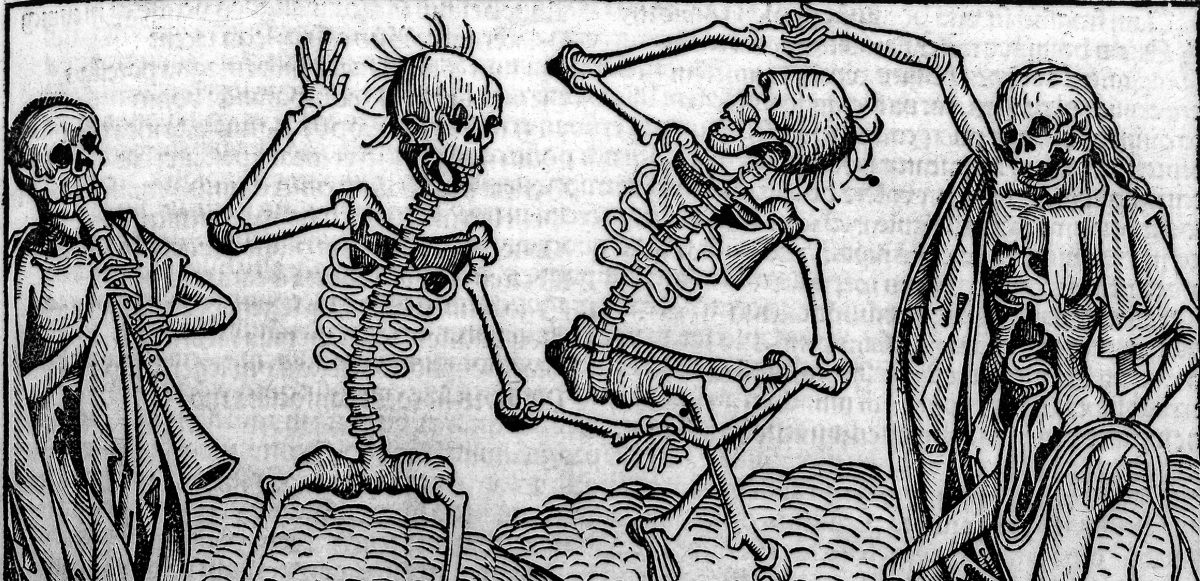
There have always been people who led the way in science and thinking: Issac Newton led the way by thinking up the theory of gravity that we still use (until someone discovers that it’s all just magnets buried by aliens.) Plato and Newton both put forward pretty accurate theories about the Earth’s core, and Aristachus of Samos put forward a fairly accurate picture of the Solar System about three hundred years before the Crucifixion.
On the other hand, the world has changed: in the modern day politicians still want to screw you, but they’re more likely to tell you they’re doing it because it’s necessary, because they’re keeping you safe, or because if they don’t communism will take over. They’re less likely to say, “The universe works this way and therefore I should be in charge because… umm… God.”
In the days where that was more common there was one type of person who always eventually fell under suspicion: people who asked questions. What kinds of people tend to ask questions? Philosophers, Magicians and Scientists. That might sound like three very different groups, but for most of human history they were one and the same. The problem is that when someone in charge stands to lose out from people knowing too much, the people who know too much fall under suspicion.

